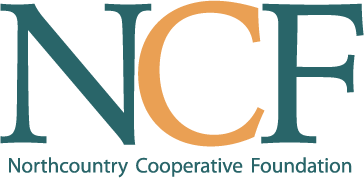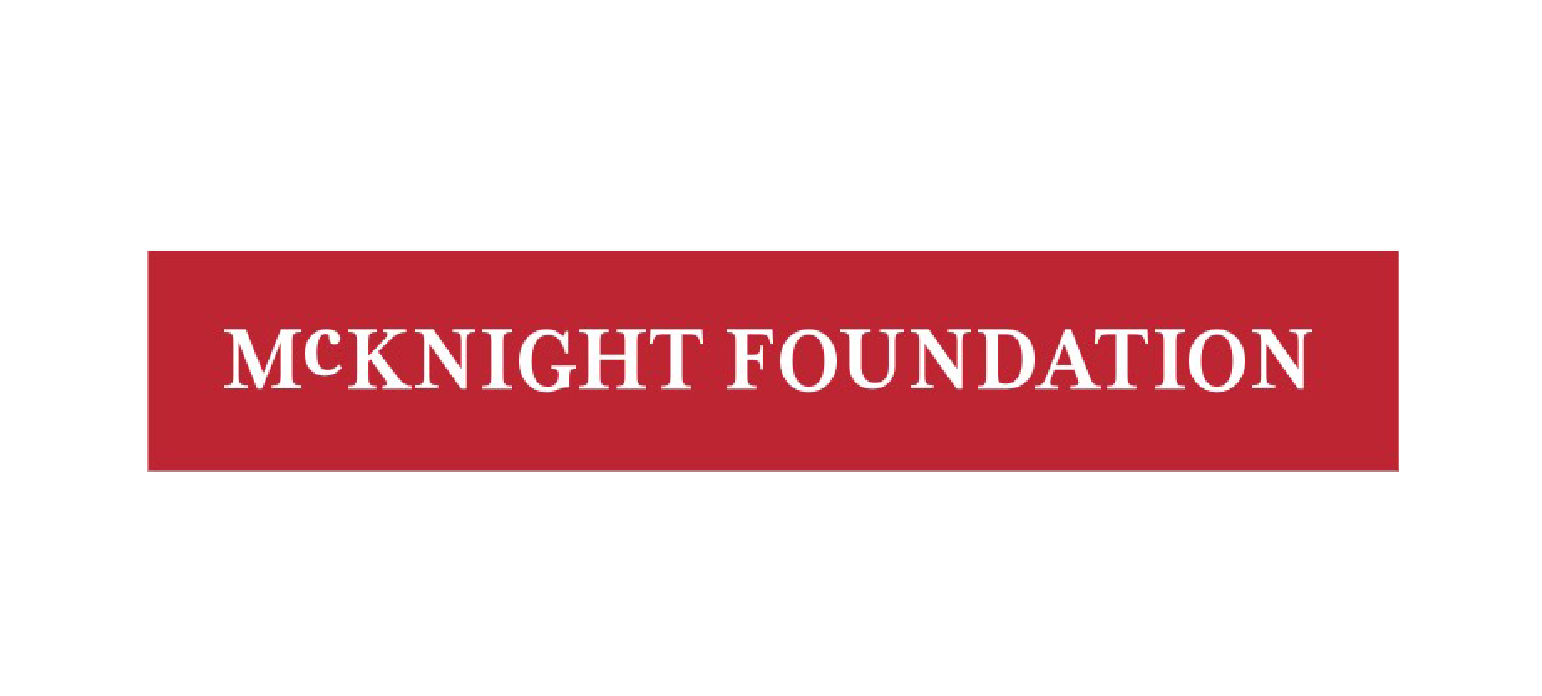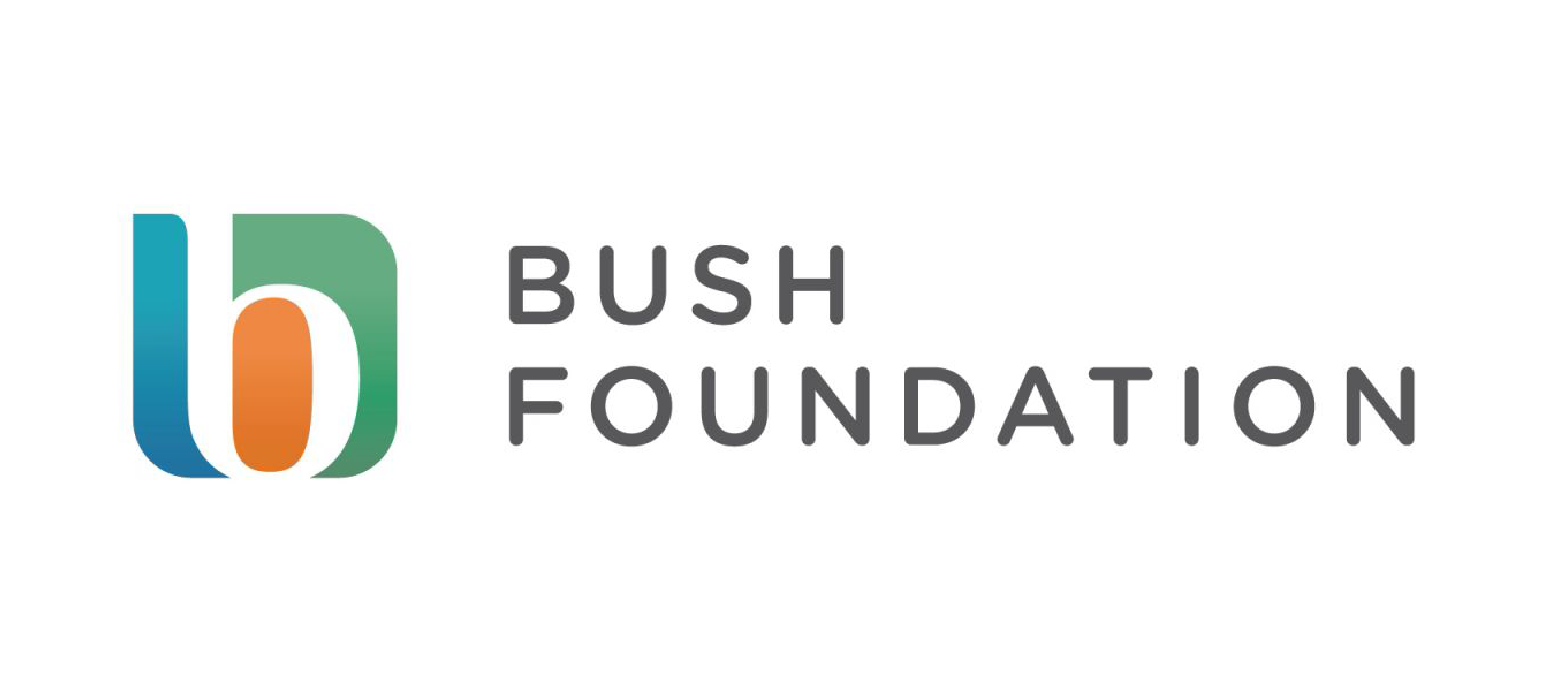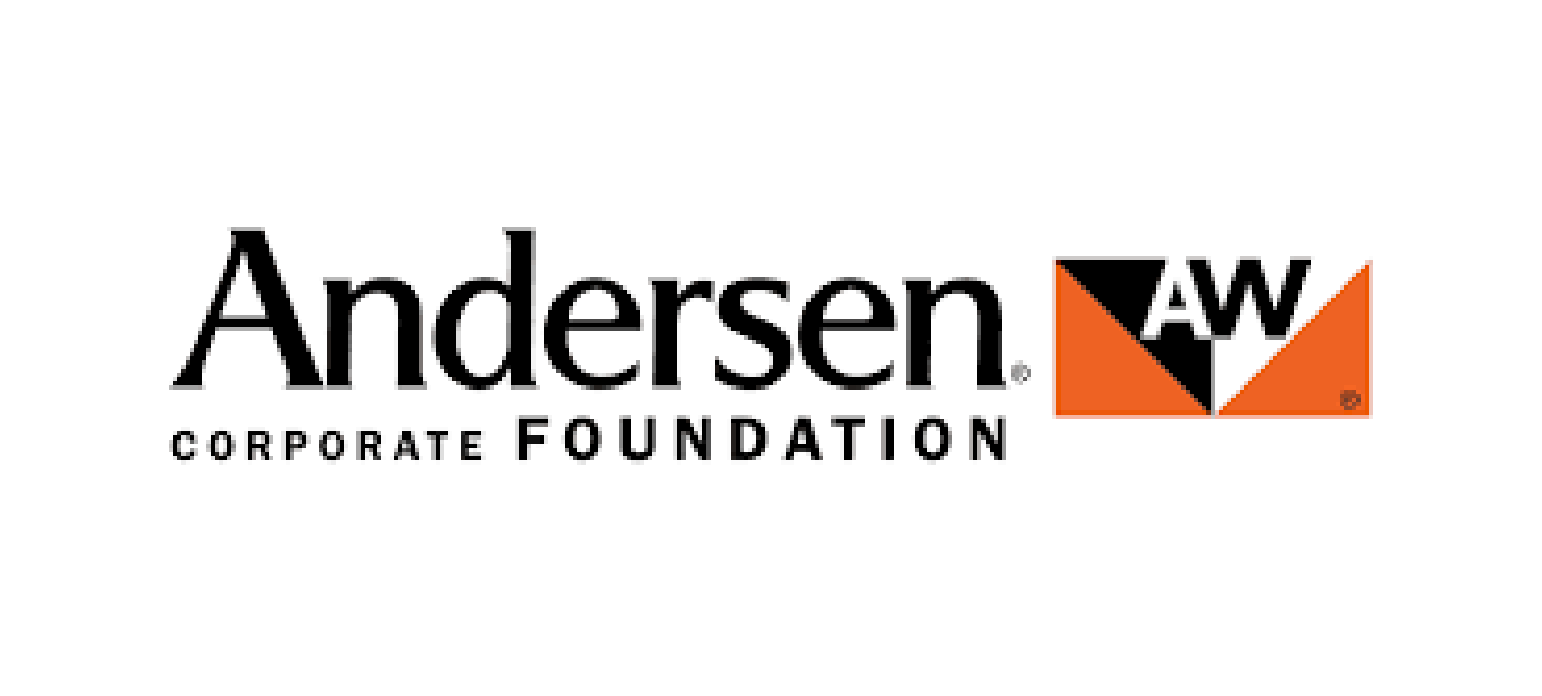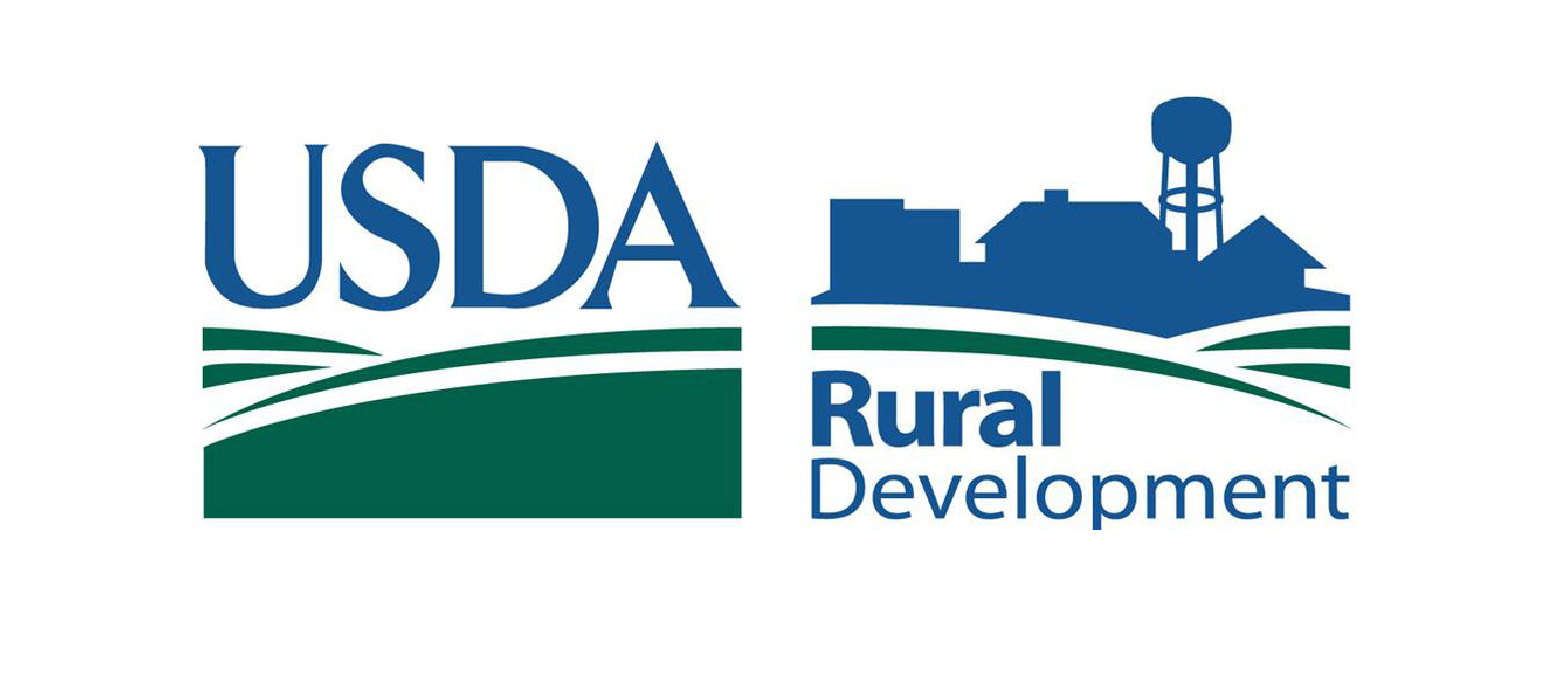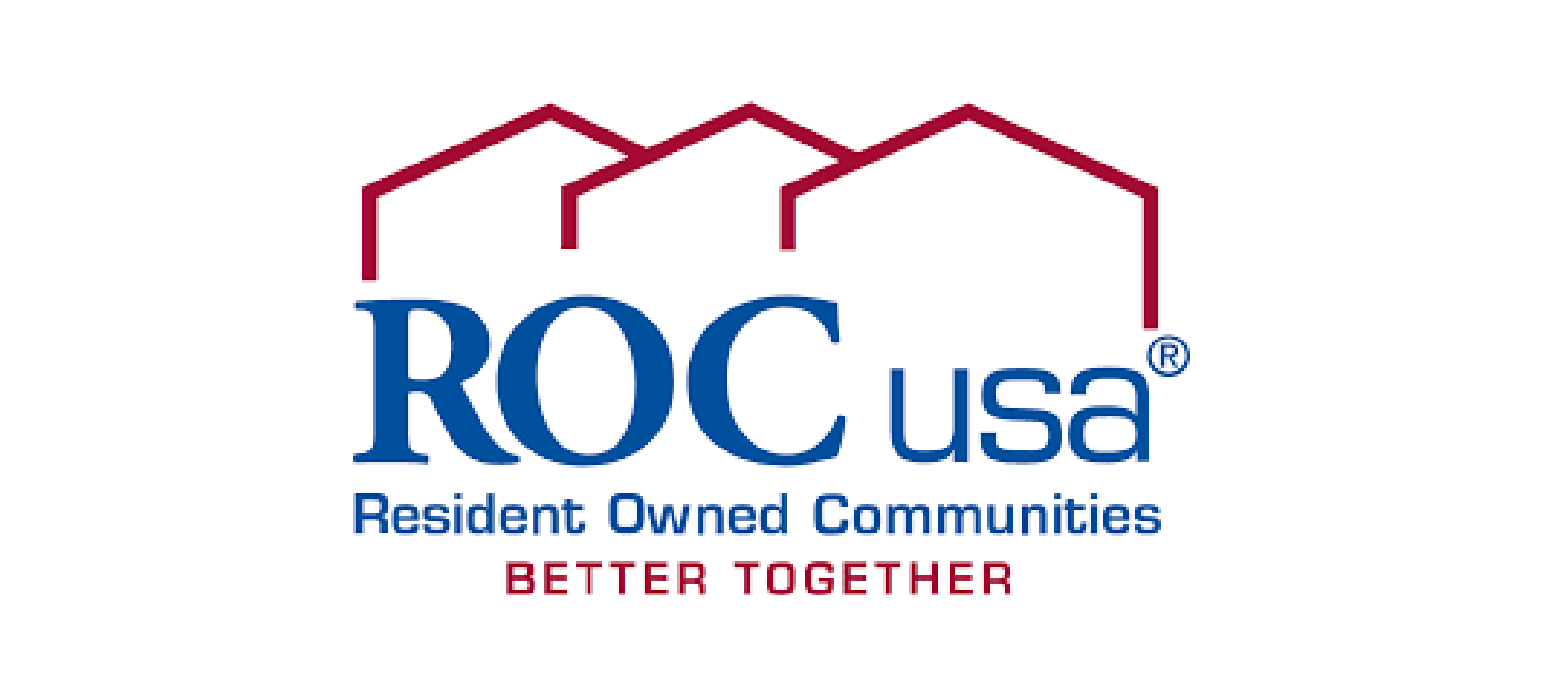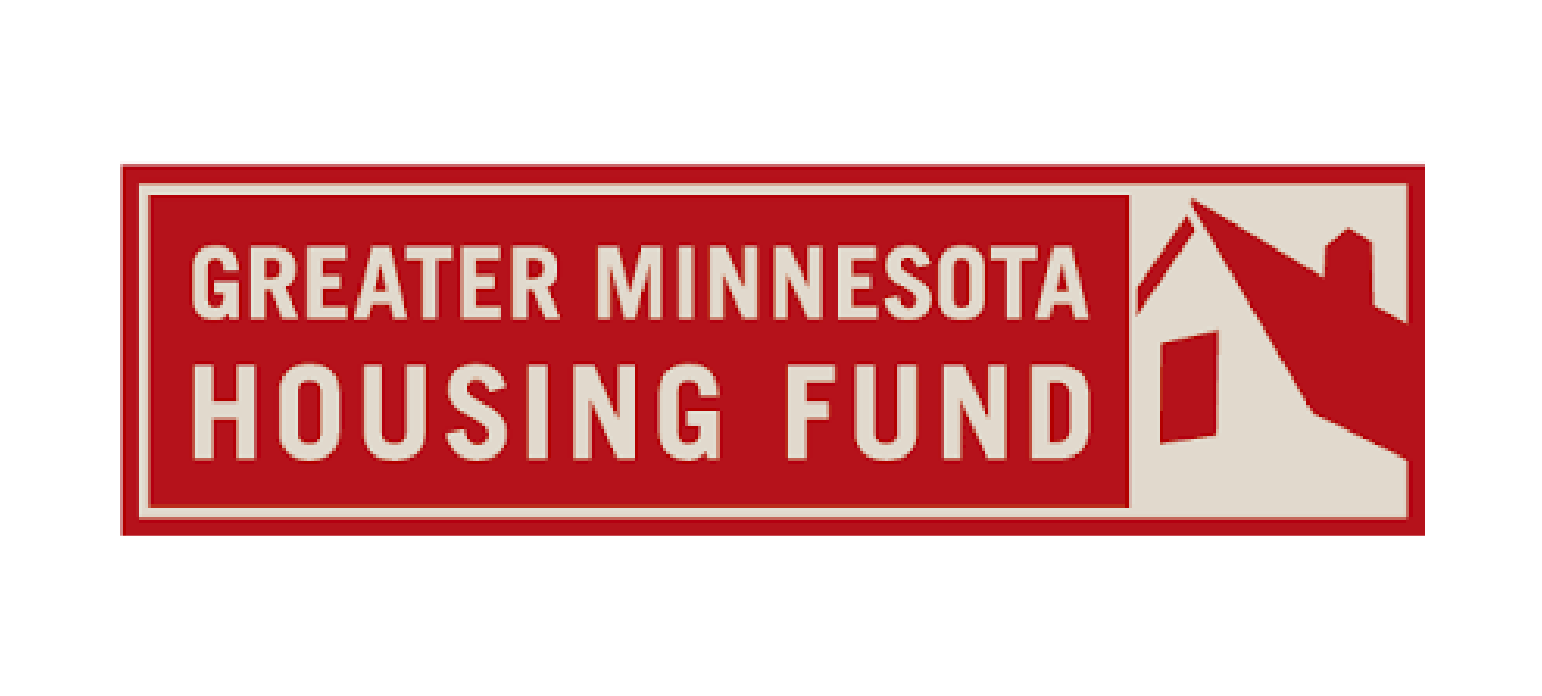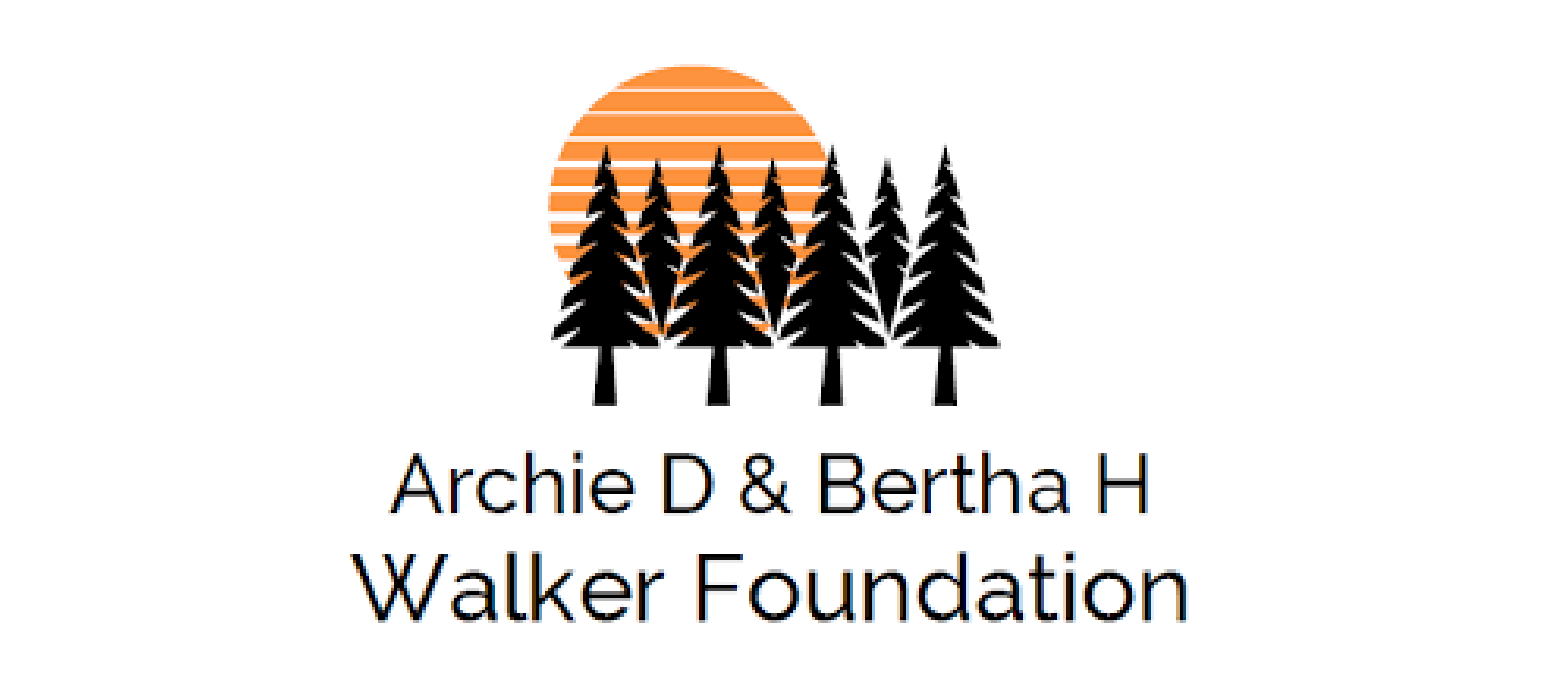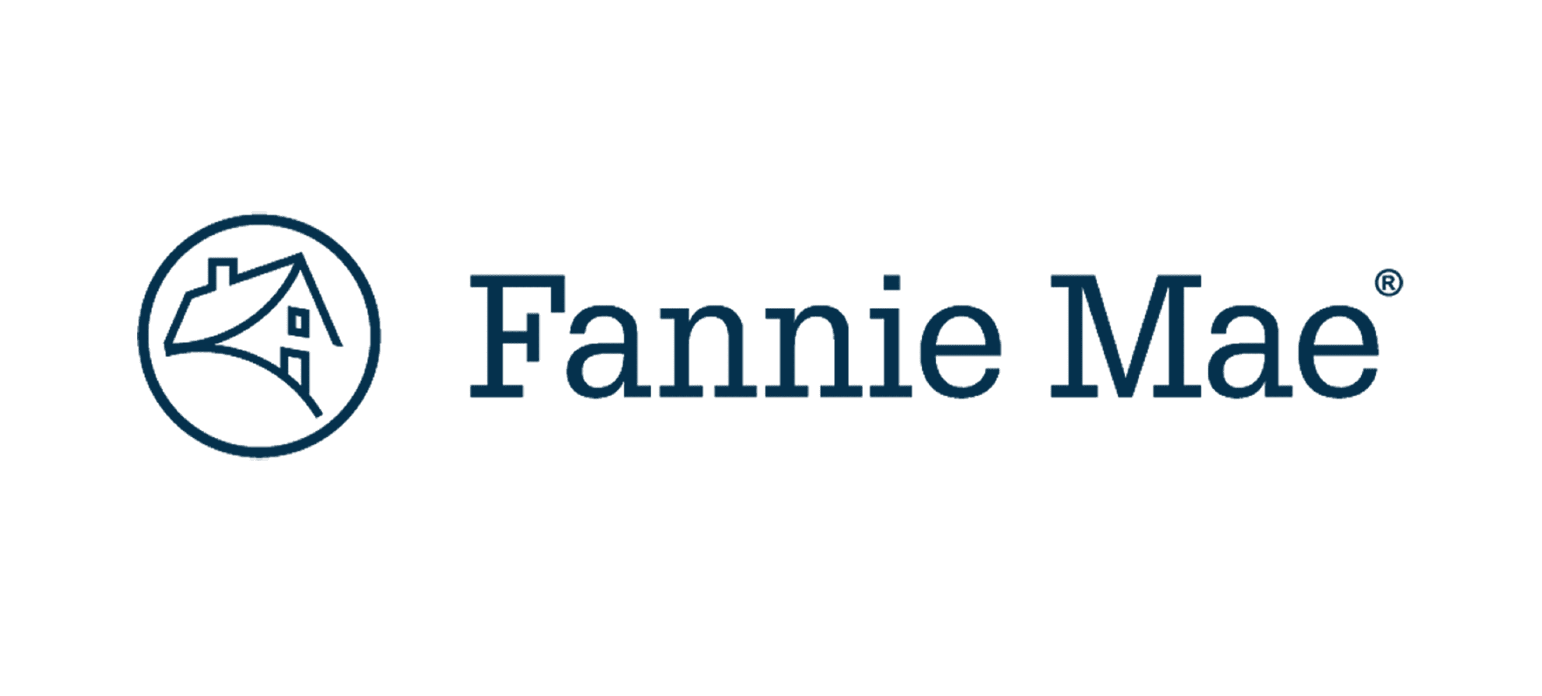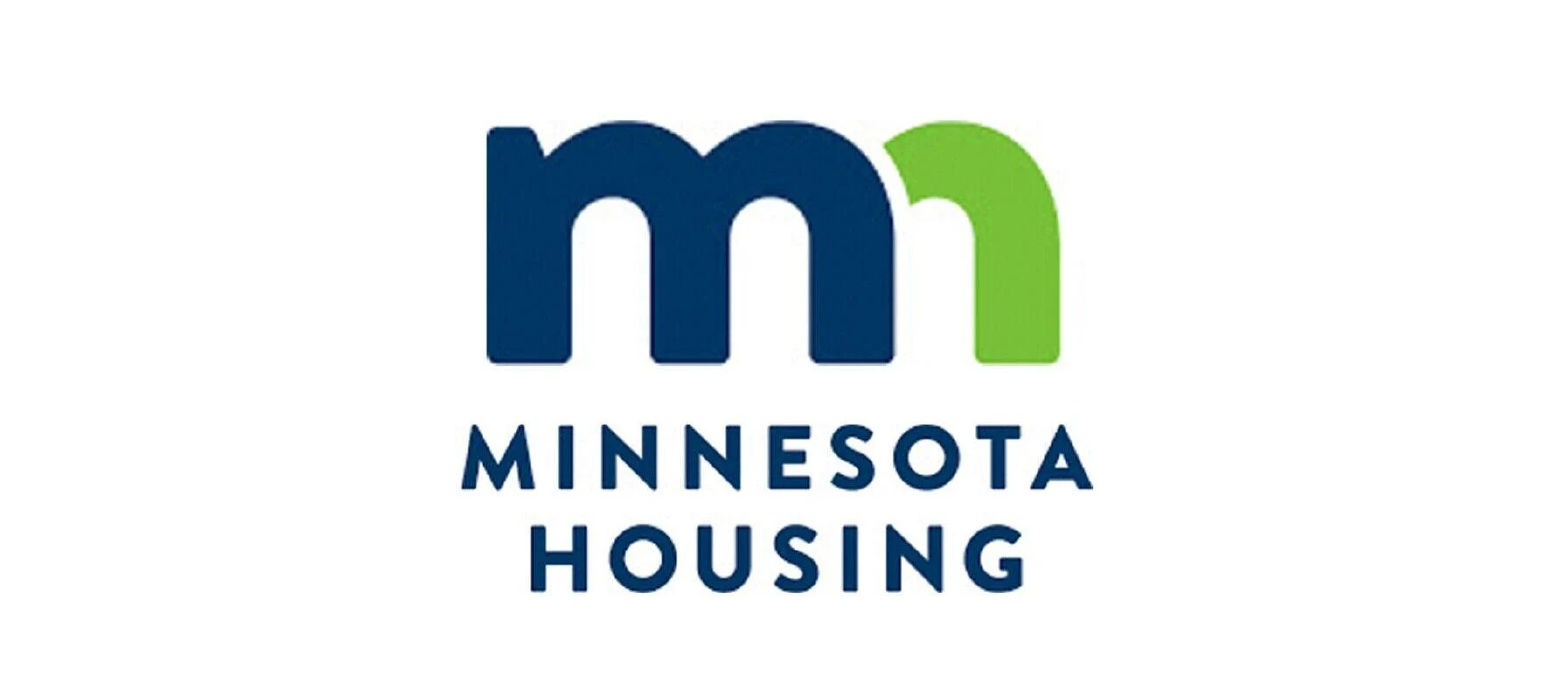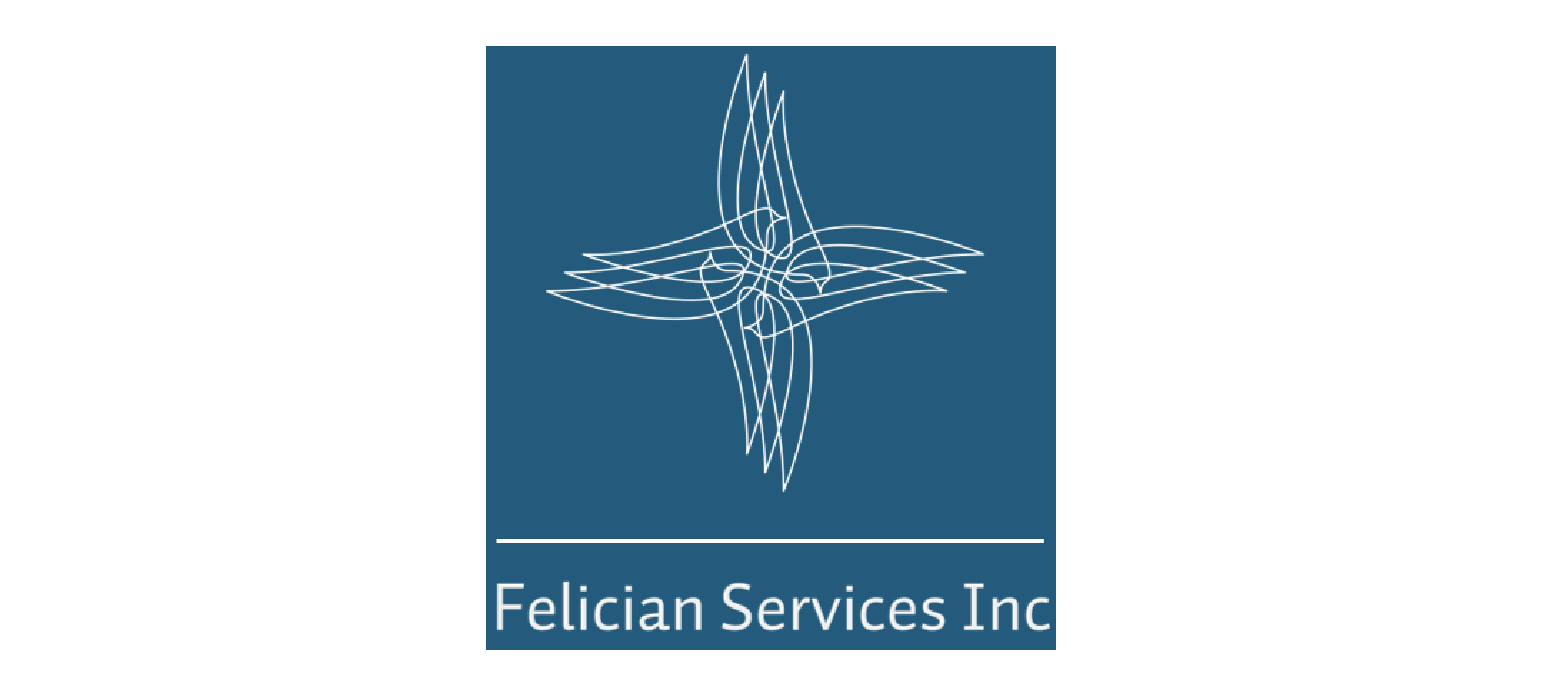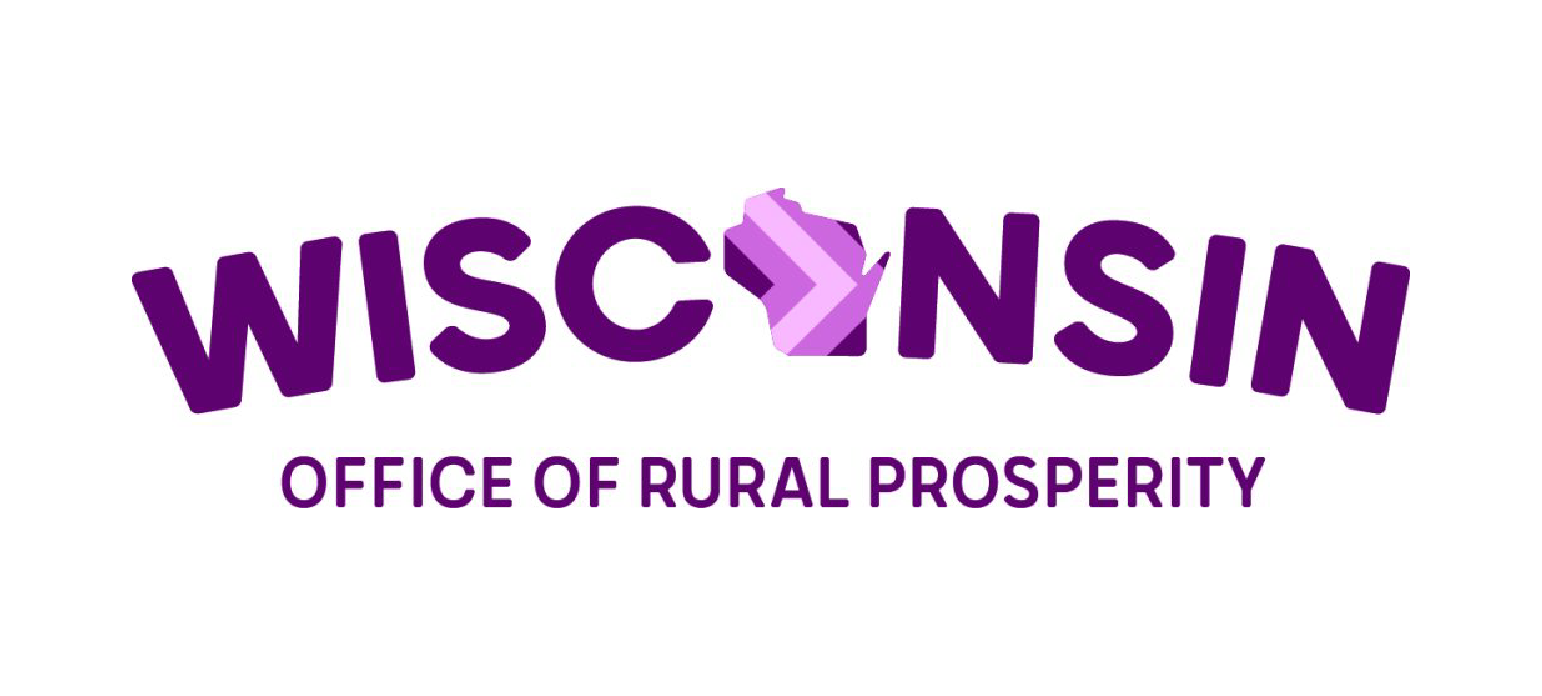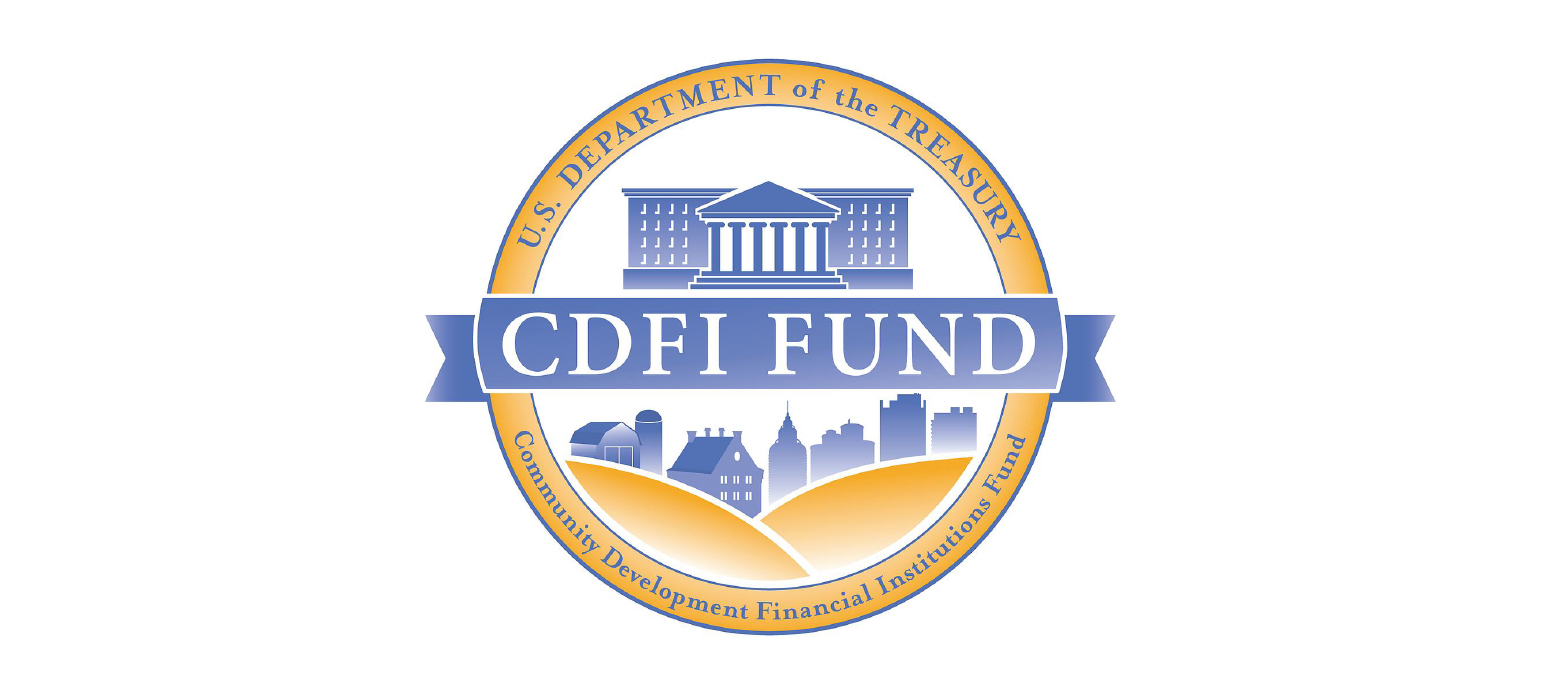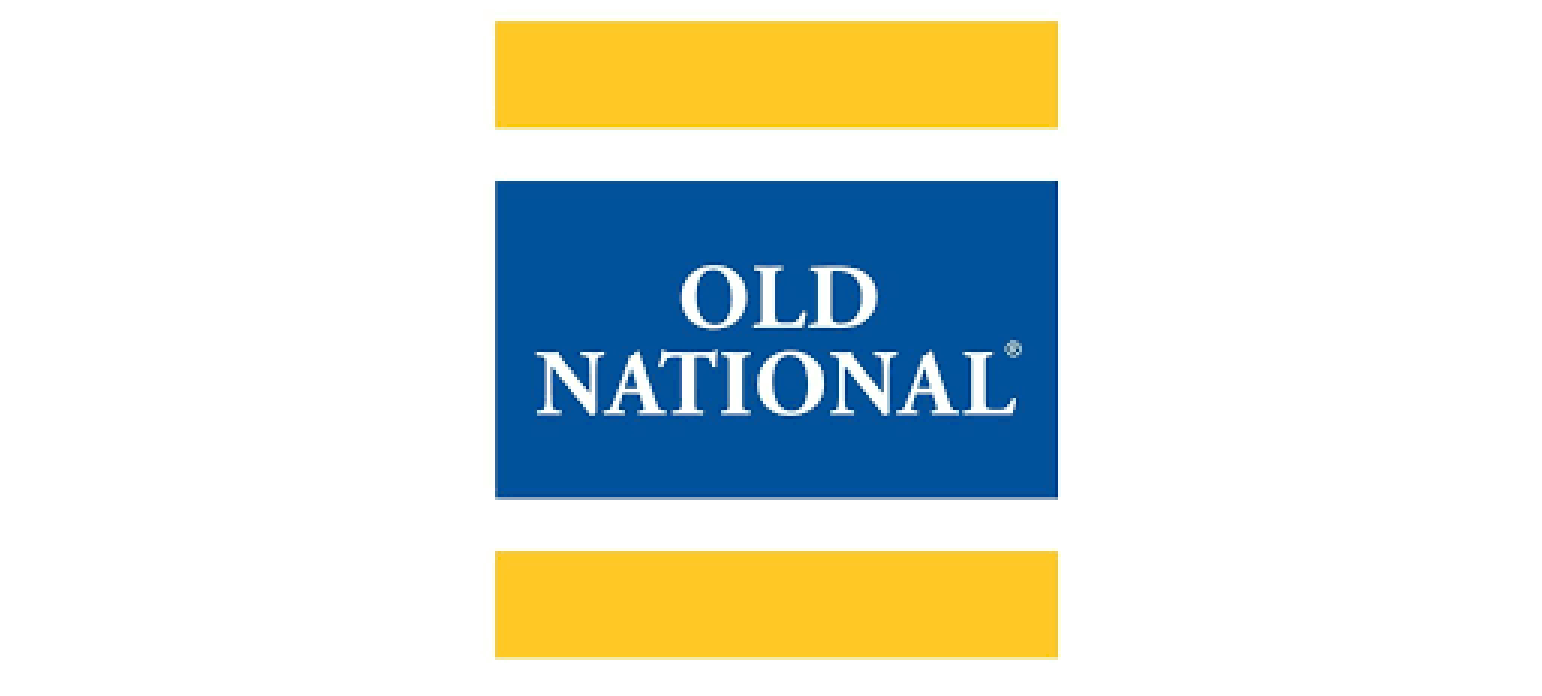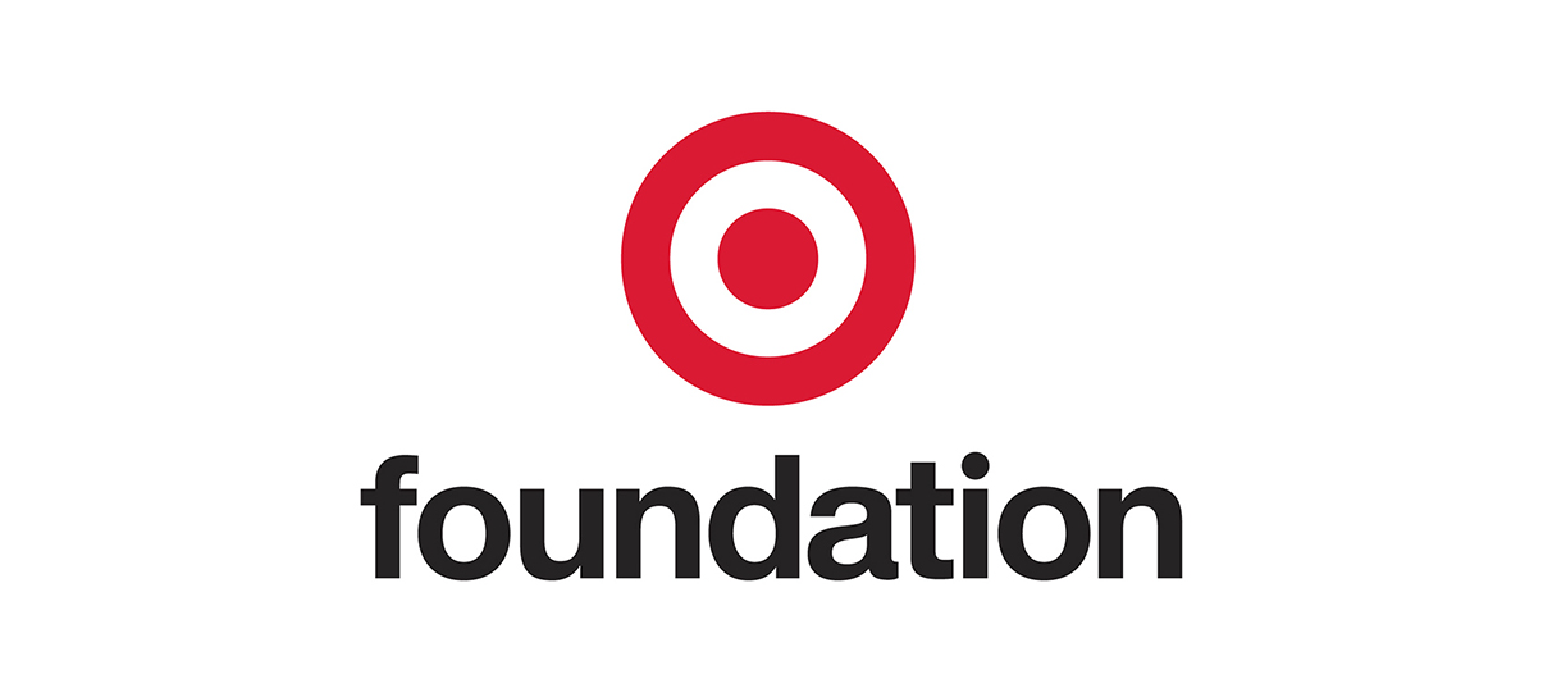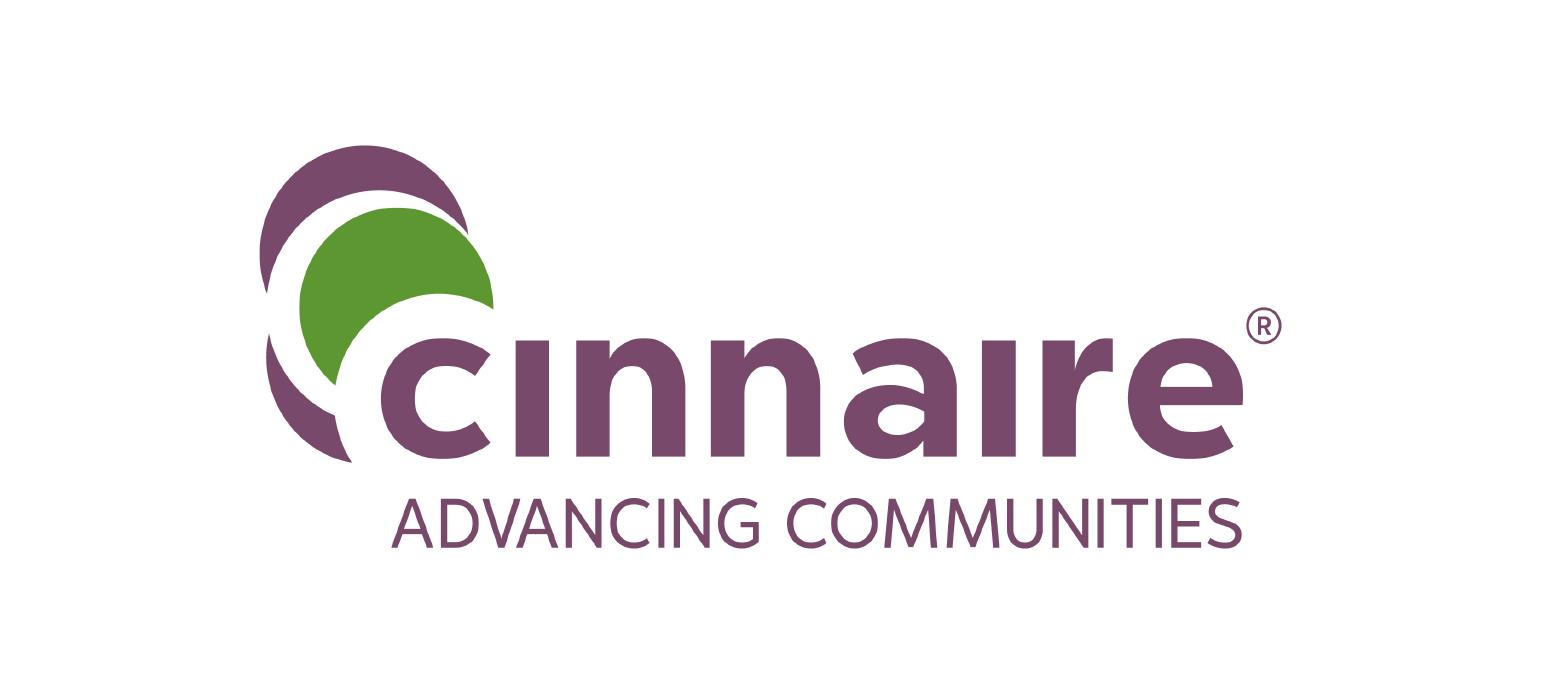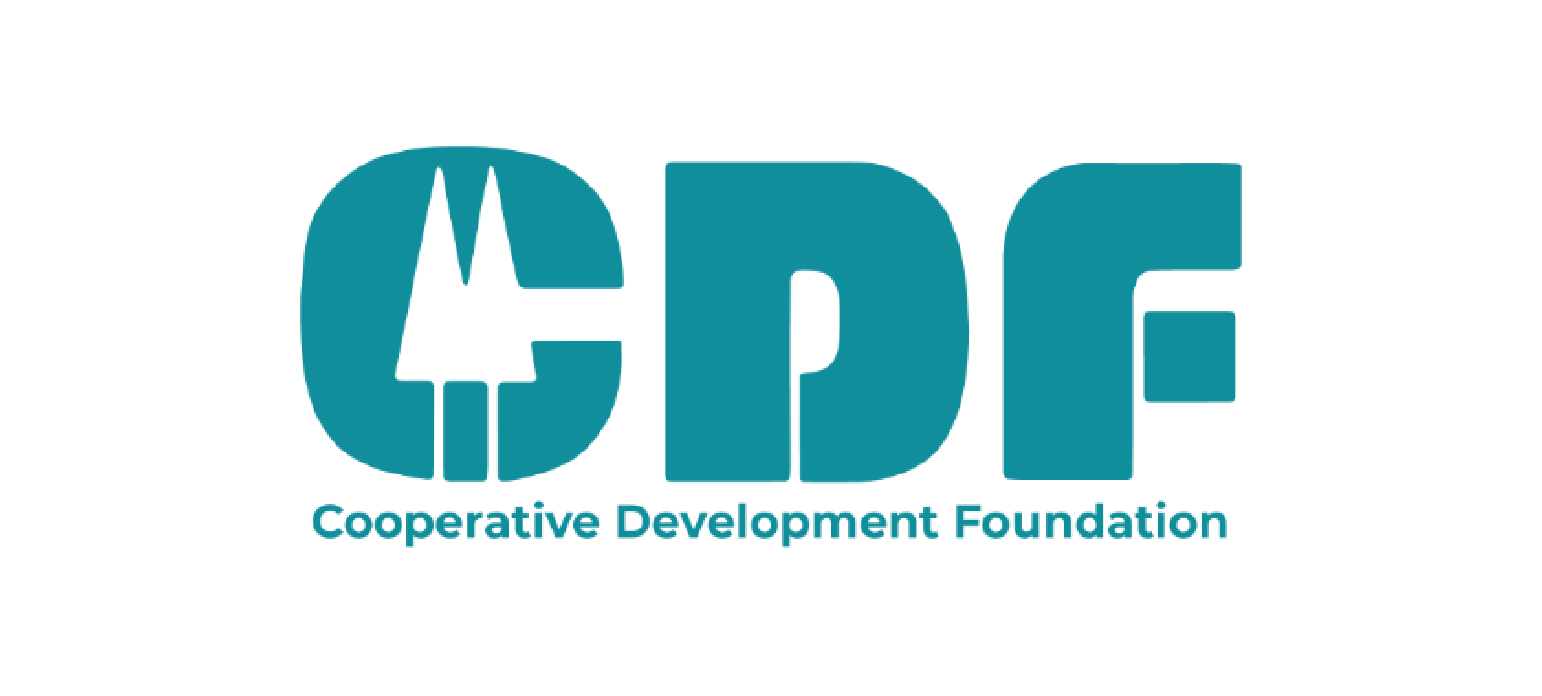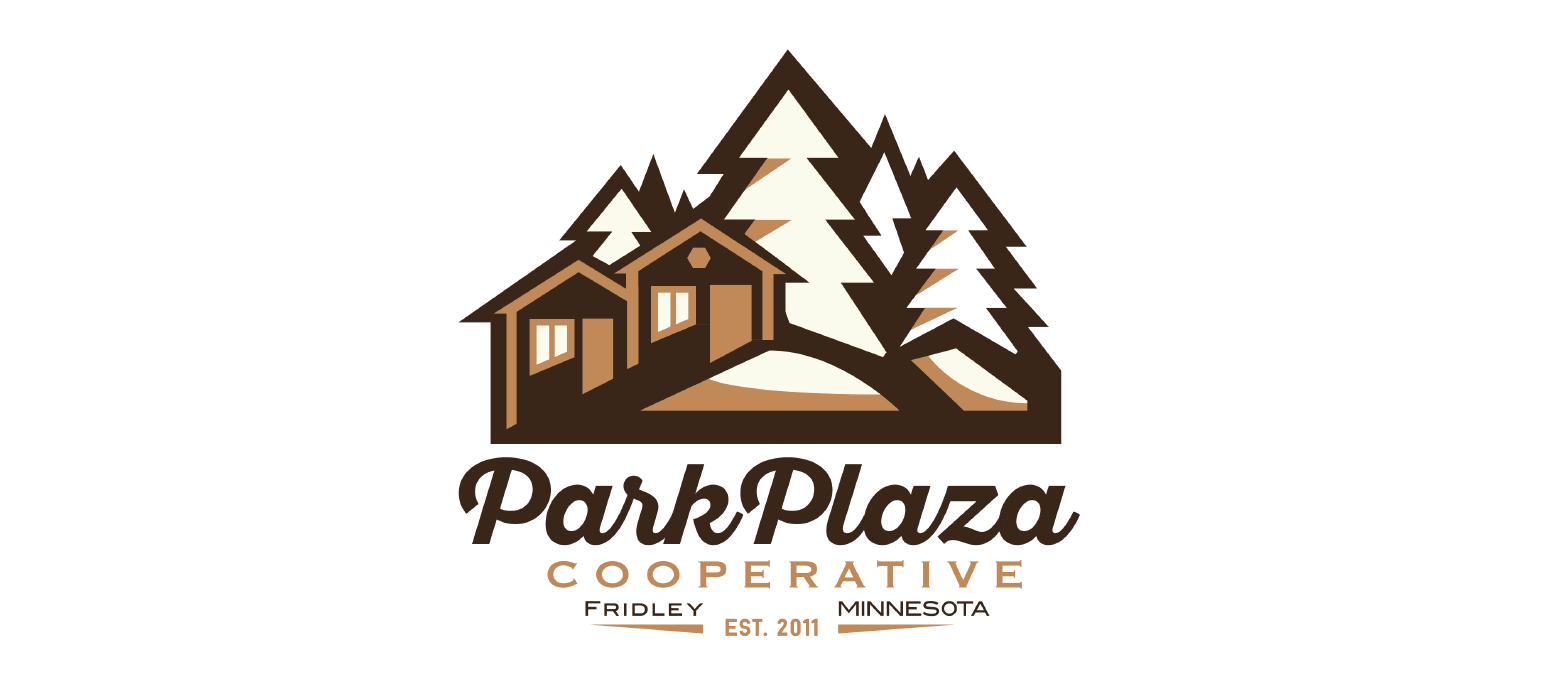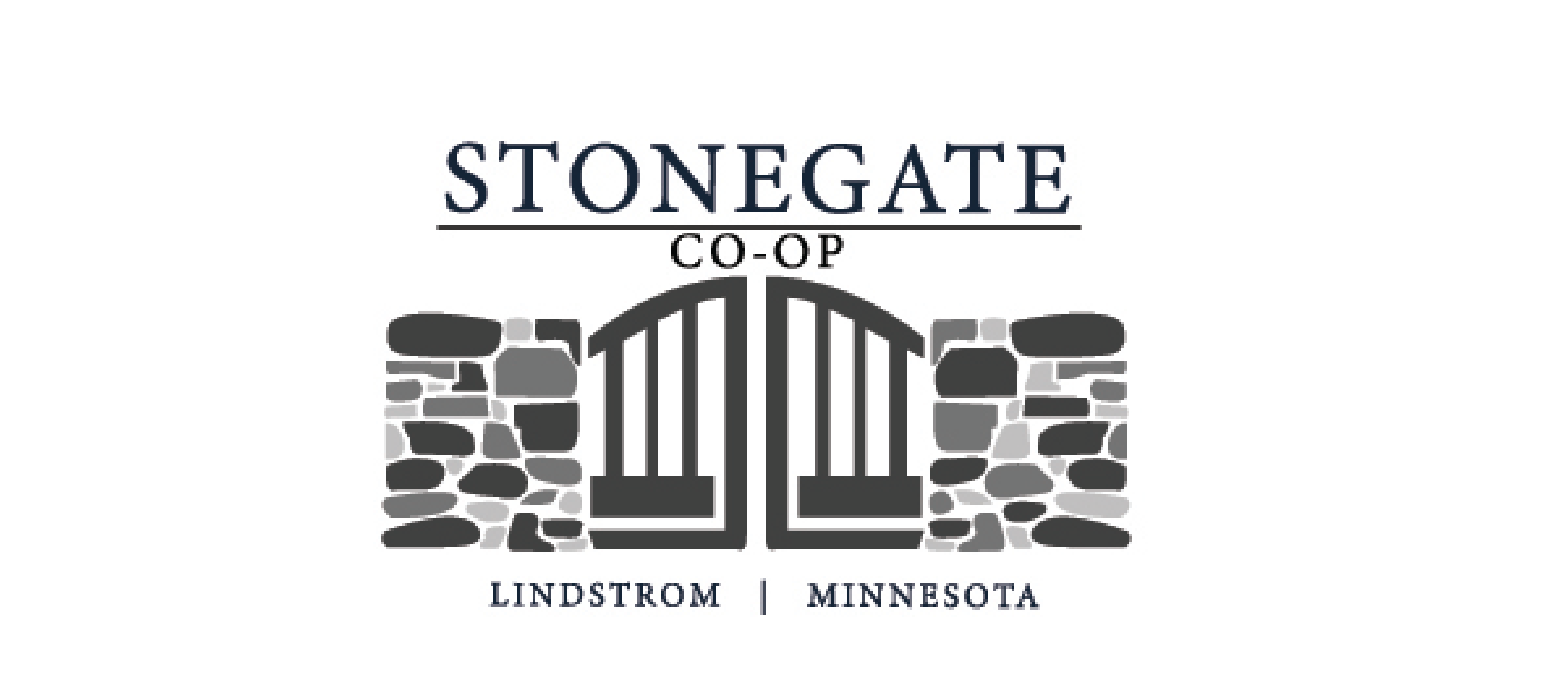Manufactured housing communities (MHCs) have long been a crucial source of affordable housing for over 21 million largely low-income Americans. However, in recent years, private equity and hedge funds have increasingly targeted this market.
The Private Equity Manufactured Housing Tracker is designed to monitor the growing ownership of MHCs by private equity firms and hedge funds across the U.S. This tool is a joint project between the Private Equity Stakeholder Project (PESP) and Manufactured Housing Action (MHAction).
Private Equity's Rising Influence in Manufactured Housing
According to PESP, private equity firms accounted for 23% of all manufactured home community purchases in 2020 and 2021—up from just 13% between 2017 and 2019.
The growing presence of institutional investors has raised alarm, as the unique business model of MHCs leaves homeowners particularly vulnerable. Residents own their homes (which, contrary to the “mobile” misnomer, are difficult and cost prohibitive to move) but rent the lots. When lot rents skyrocket or maintenance is neglected, they often have little choice but to endure the conditions or abandon their homes.
Across the country, corporate-owned communities have reported dramatic rent increases—sometimes up to 60%—alongside deteriorating conditions. These include frequent water shutoffs, undrinkable water, and serious maintenance issues that go unresolved for extended periods. As Pamela Maxey, a resident leader with MHAction, shared: “Each year the standard of living goes down as our rent goes up.”
Minnesota and Wisconsin: Growing Targets for Private Equity
Closer to home, private equity has made significant inroads into Minnesota and Wisconsin’s manufactured housing communities. According to the new tracker, private equity firms own 32 MHCs in Minnesota and 70 in Wisconsin, with over 14,100 lots combined across the two states. In Minnesota, these investments have been concentrated in the St. Cloud–Twin Cities–Rochester corridor. This geographic focus suggests that investors are targeting areas with stronger economic growth potential than more deeply rural areas.
Why This Matters
For residents, the entrance of private equity often brings steep rent hikes, reduced maintenance, and a shift in the relationship between park owners and residents. Nationally, private equity’s involvement in MHCs is also notable for its reliance on government-backed loans.
The tracker reveals that nearly half (69%) of private equity-owned parks were financed by Fannie Mae or Freddie Mac, federal entities that exist to support affordable housing. In Minnesota, that number is 70%, far outpacing the national average.
In Minnesota, 70% (21 out of 30, data unavailable for two others) of private equity-owned communities were financed by Fannie Mae or Freddie Mac, commonly referred to as government-sponsored enterprises (GSEs). The GSEs were created by the United States Congress to enhance the flow of credit capital to targeted sectors of the economy. In the case of Fannie and Freddie, the target was home finance, with a particular emphasis on “expanding affordable housing.” Alarmingly, the GSE funding of private equity in this sector has actually led to increased rents, deteriorating conditions, and ultimately less affordable housing. In Wisconsin, roughly 69% of all private equity-owned communities received financial backing from a GSE. In both states, the GSE backing of private equity deals outpaces the national average.
Moving Forward: Legislative Efforts and the Fight for Resident Protections
The release of this tracker comes at a critical time, as states like Michigan are considering legislation to protect manufactured housing residents from exploitative practices.
For more information, visit the Private Equity Stakeholder Project’s website and explore the Private Equity Manufactured Housing Tracker to see the full extent of institutional investment in manufactured housing communities across the country.
